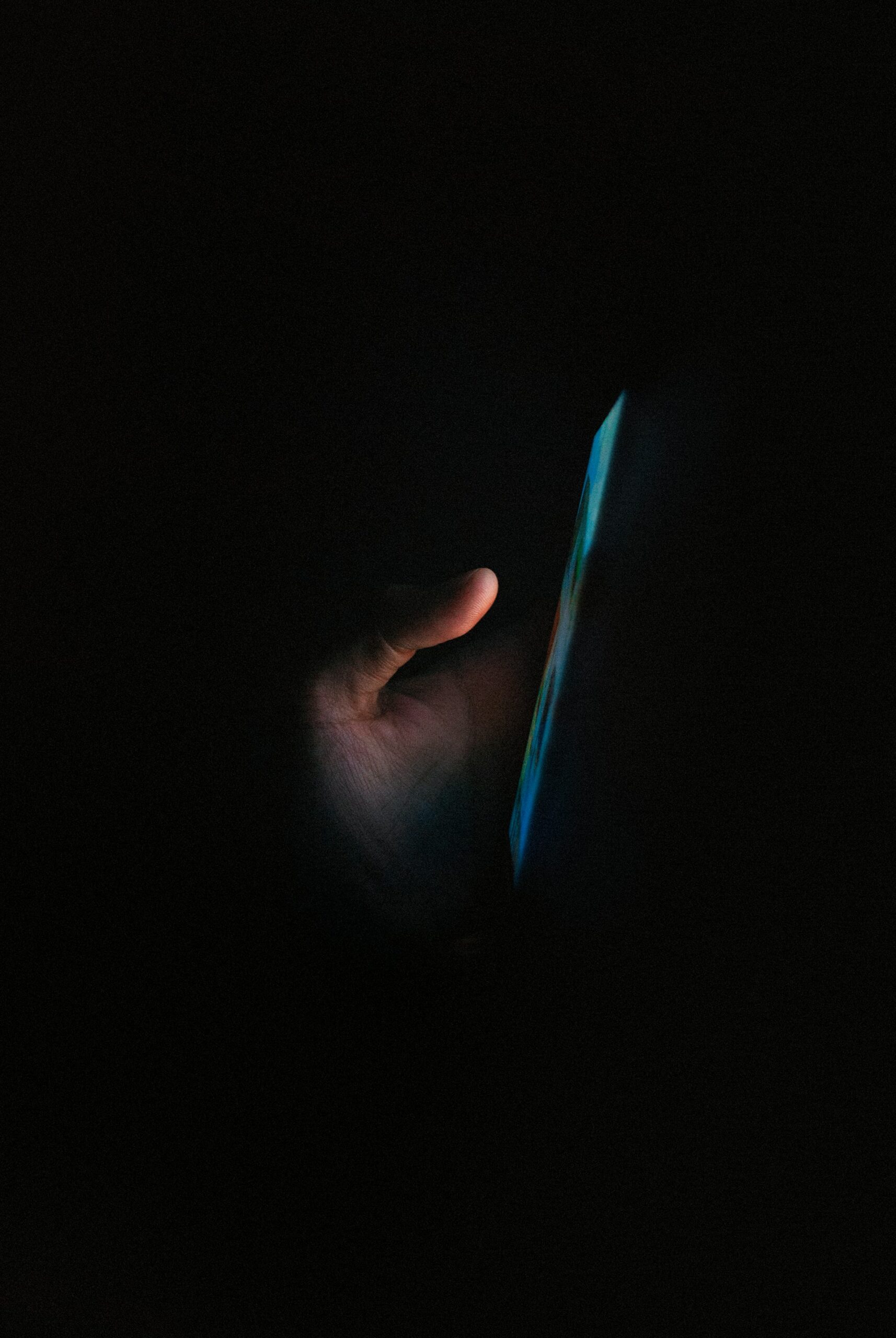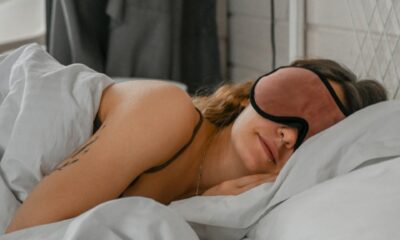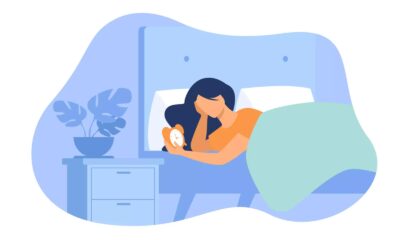Health
Blue Light Isn’t The Bedtime Villain We Thought: Here’s What’s Really Keeping You Awake

For years, bedtime advice has sounded the same: put your phone down, block out the blue light, and you’ll sleep like a baby. But new research is beginning to question whether blue light deserves all the blame for our restless nights. The truth may be closer to home – and on the screen itself – than we realise
The Blue Light Debate
Blue light, whether from the sun or your smartphone, can reduce melatonin – the hormone that signals your brain it’s time to rest. In theory, this should make it harder to fall asleep. But scientists are finding that the effect might not be as dramatic as once believed.
Back in 2014, a Harvard study made headlines when it showed that reading on an iPad for four hours delayed sleep by 10 minutes. Scary at the time, but how often does the average person stare at their phone at full brightness for that long?
In reality, your phone emits about 40 lux of light, compared to the sun’s 100,000 lux at midday. Even the average ceiling light at home can be stronger than your screen. As Professor Stuart Peirson of Oxford University puts it, sleep responses to light depend heavily on intensity – and in that comparison, your phone barely registers.
What’s Really Keeping You Up At Night?
So if blue light isn’t the sole culprit, what is? Experts say our habits are the real disruptors.
-
Content Anxiety: Reading stressful emails or doomscrolling bad news before bed can spark anxiety, making it harder to switch off.
-
Lost Hours: Scrolling through TikTok or late-night group chats keeps us awake longer than planned, shrinking our sleep window.
-
Night-Time Pings: Keeping your phone by your pillow means even small notifications can fragment your sleep, leaving you groggy.
-
Daylight Exposure: Not getting enough natural sunlight during the day makes us more sensitive to artificial light at night.
-
How You Use Screens: Watching TV across the room has little impact, but holding your phone close to your face for hours can matter.
The Rise Of The Blue Light Business
From pricey glasses to special light bulbs, the wellness industry has jumped on our fear of blue light. But research is inconclusive. A 2021 review found that blue light-blocking glasses may help in specific cases – like shift workers – but most people won’t notice much of a difference.
South Africans on social media have echoed the scepticism. While some swear by their orange-tinted glasses, many joke that it’s WhatsApp groups and late-night TikTok binges keeping them awake, not the glow of the screen.
Simple Steps For Better Sleep
Instead of obsessing over blue light, experts suggest focusing on healthier bedtime routines:
-
Set A Device Curfew: Switch off screens at least 30 minutes before bed.
-
Dim Your Space: Use warm-toned lamps instead of bright overhead lights.
-
Silence Your Phone: Try “Do Not Disturb” or keep your device in another room.
-
Get Natural Sunlight: Daily daylight exposure makes it easier to wind down at night.
-
Protect Your Eyes: Follow the 20-20-20 rule to reduce strain from screen use.
The Takeaway
Blue light may play a small role in sleep disruption, but the bigger issue is how we use our devices and the habits that come with them. In a world where phones have become alarm clocks, entertainment hubs, and midnight companions, the glow of the screen is less the problem than what we’re doing on it.
So next time you’re tempted to blame blue light for your bad night’s sleep, remember: it might not be the glow stealing your rest, but the endless scroll.
Source:IOL
Follow Joburg ETC on Facebook, Twitter , TikTok and Instagram
For more News in Johannesburg, visit joburgetc.com



























